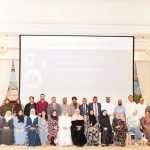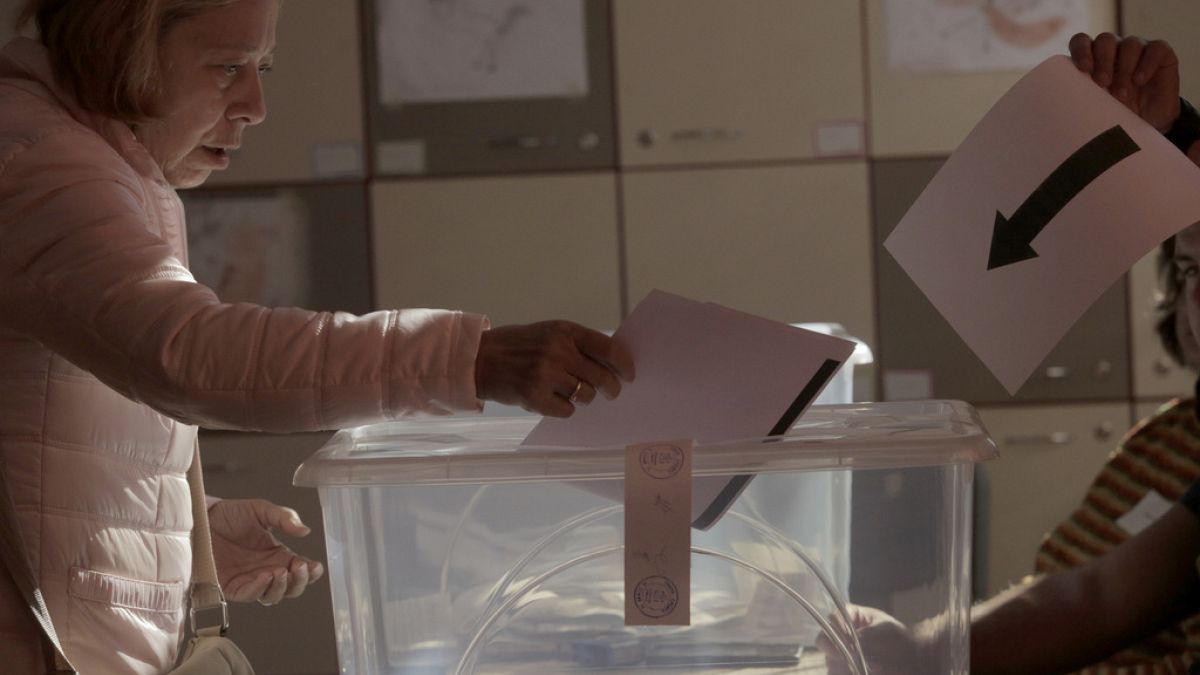The recent parliamentary elections in Bulgaria have shown the centre-right GERB party, led by former Prime Minister Boyko Borissov, as the likely winner. The exit polls indicate that GERB has secured 25% of the votes, giving them a significant lead over other parties. This could potentially lead to Borissov forming his fourth Cabinet, although it may prove challenging to find allies in a fragmented parliament. The rise of radical political voices, fueled by voter fatigue and disillusionment with politicians, as well as Russian disinformation, is a cause for concern as it undermines public support for the democratic process and boosts the popularity of pro-Russian and far-right groups.
The inability to form a viable coalition in the previous election has left Bulgaria in a state of political uncertainty. With seven groups elected to the fragmented legislature and the predicted increase in the number of parties to nine, it is expected that negotiations for a governing coalition will be even more difficult this time around. The continuous cycle of elections is not only impacting Bulgaria’s economy but also delaying important reforms and integration into the Schengen area and the eurozone. Analysts warn that without pragmatic compromises, the country risks missing out on billions of euros in EU recovery funds.
One party that has gained attention in this election is the pro-Russia party Vazrazhdane, which was expected to become the second-largest group in the legislature. Their demands include lifting sanctions against Russia, stopping support for Ukraine, and holding a referendum on NATO membership. However, they remain isolated in parliament, with mainstream parties showing no signs of forming partnerships with them. If the mainstream parties are unable to resolve the political deadlock, there is a risk that the appeal of Vazrazhdane and similar far-right groups could increase, posing challenges to Bulgaria’s pro-Western path.
Overall, the results of the Bulgarian parliamentary election highlight the struggles of the country’s political landscape. With a fragmented parliament and potential difficulties in forming a governing coalition, the future looks uncertain. The rise of radical political voices and the impact of Russian disinformation are further complicating the situation, raising concerns about the stability of Bulgaria’s democracy. As the country navigates through these challenges, the need for pragmatic compromises and effective governance becomes more crucial than ever to ensure a stable and prosperous future for Bulgaria.











